Switzerland joins EU in tougher Syria bans
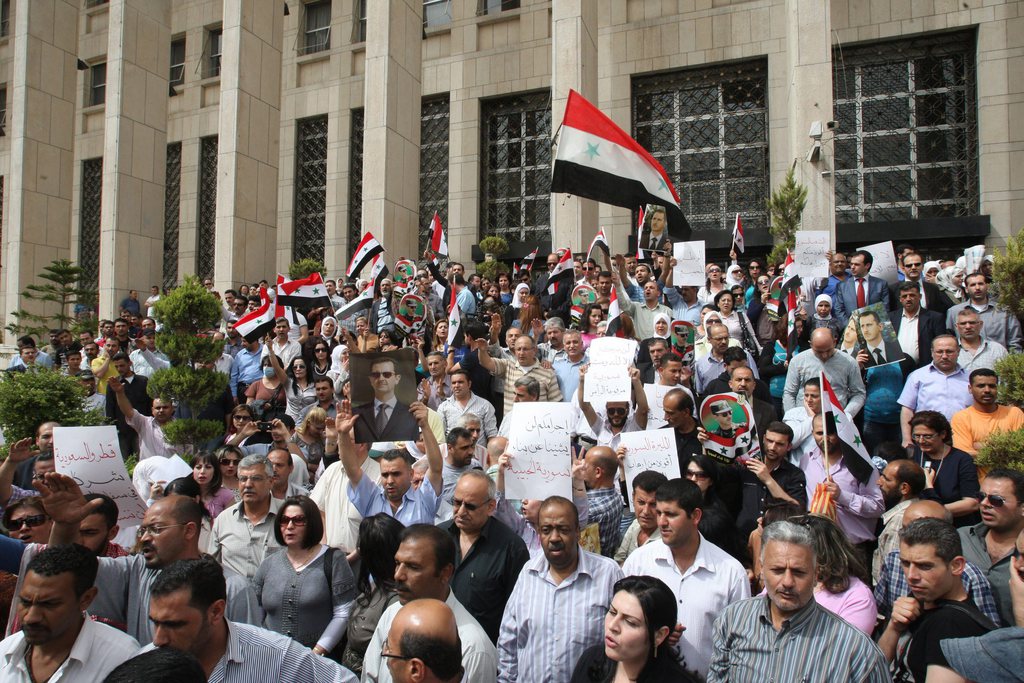
Switzerland has again toughened its sanctions against Syria, this time targeting the country’s central and domestic banks with a view to increasing pressure on the regime led by President Bashar al-Assad.
From June 9, any assets held in Switzerland by the Central Bank of Syria will be frozen and trade in new Syrian government bonds will be forbidden. Swiss financial institutions will be barred from establishing new business with Syrian banks, and issuing new insurance or reinsurance for the Syrian state will be banned.
In addition, the import or export of materials for use by the petrol and gas industry, for the construction of new electricity facilities, or for telecommunications surveillance will be banned, as will the financing or servicing of such activities.
Freight flights operated by Syrian airlines into or out of Switzerland will be banned, as will trade in precious metals or gemstones.
In a statement, the government said on Friday the new sanctions were in line with those imposed by the European Union, and should ensure that Switzerland is not used by the Syrian regime to circumnavigate those sanctions.
To date, Switzerland has frozen SFr70 million ($72.6 million) in Syrian assets and applied financial and travel sanctions to 128 people and 42 businesses linked to the Syrian regime.
Red Cross warning
The new sanctions came as the Swiss-run International Committee of the Red Cross (ICRC), which is the only international organisation deploying aid in Syria, warned on Friday that the humanitarian crisis in the country was worsening.
ICRC spokesman Hicham Hassan said that sick or wounded people were finding it difficult to reach medical services or to buy food.
“As a global overview, the situation is rather tense in terms of fighting in many, many areas of Syria,” Hassan told a news briefing in Geneva. The ICRC wants to help 1.5 million people, some of whom need basic assistance such as bread.
Hassan cited the countryside of the northern city of Idlib, suburbs of the capital Damascus, the eastern province of Deir el-Zour and the coastal region of Latakia as those targeted in the latest attacks. He said that many are also worried about people they have left behind, adding that most of the people who fled from Taldaw, a village in the Houla region, were women and children.
“They don’t know what happened to the people who remained,” Hassan said.
The ICRC’s warning came as reports emerged that Syrian troops on Friday shelled a rebel-held neighbourhood in the flashpoint city of Homs, and seemed to be preparing to storm the city.
The renewed violence in Homs comes two days after reports of a mass killing in the nearby province of Hama where about 80 people, including women and children, were shot or stabbed. United Nations observers were prevented on Thursday from reaching the site of the reported massacre when they were shot at.

In compliance with the JTI standards
More: SWI swissinfo.ch certified by the Journalism Trust Initiative
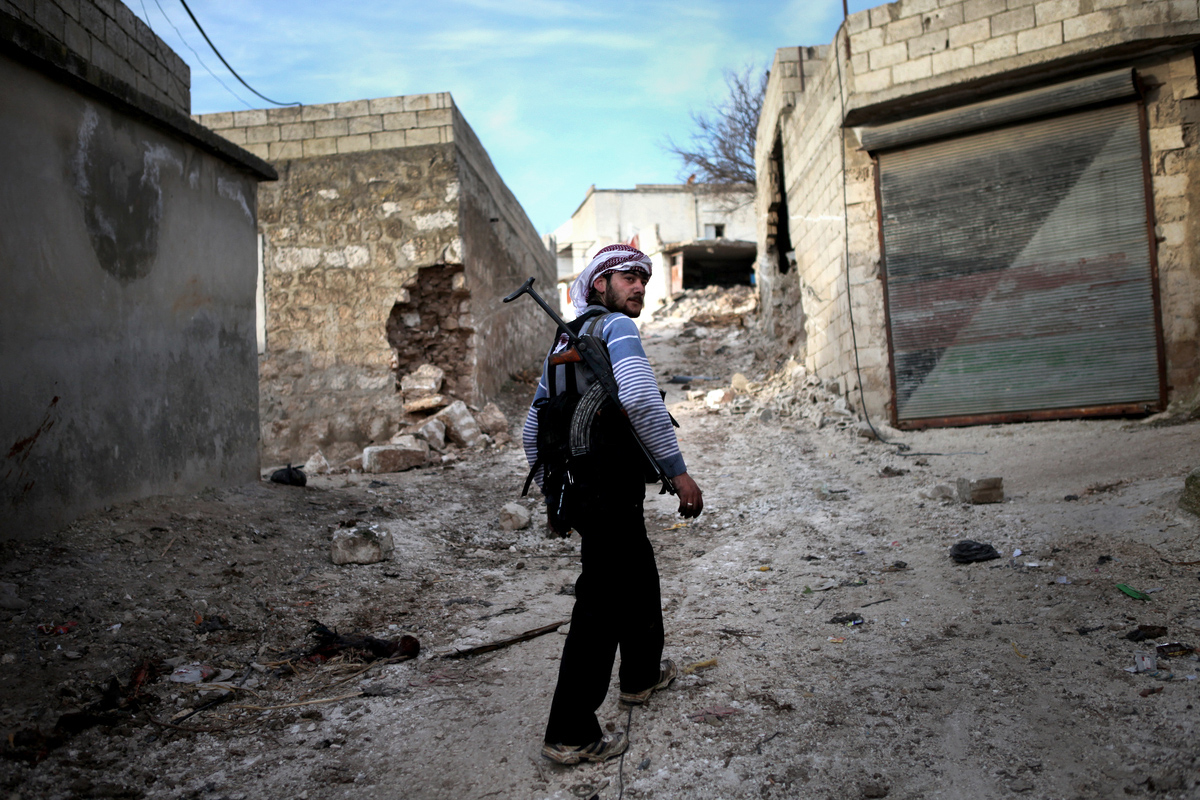
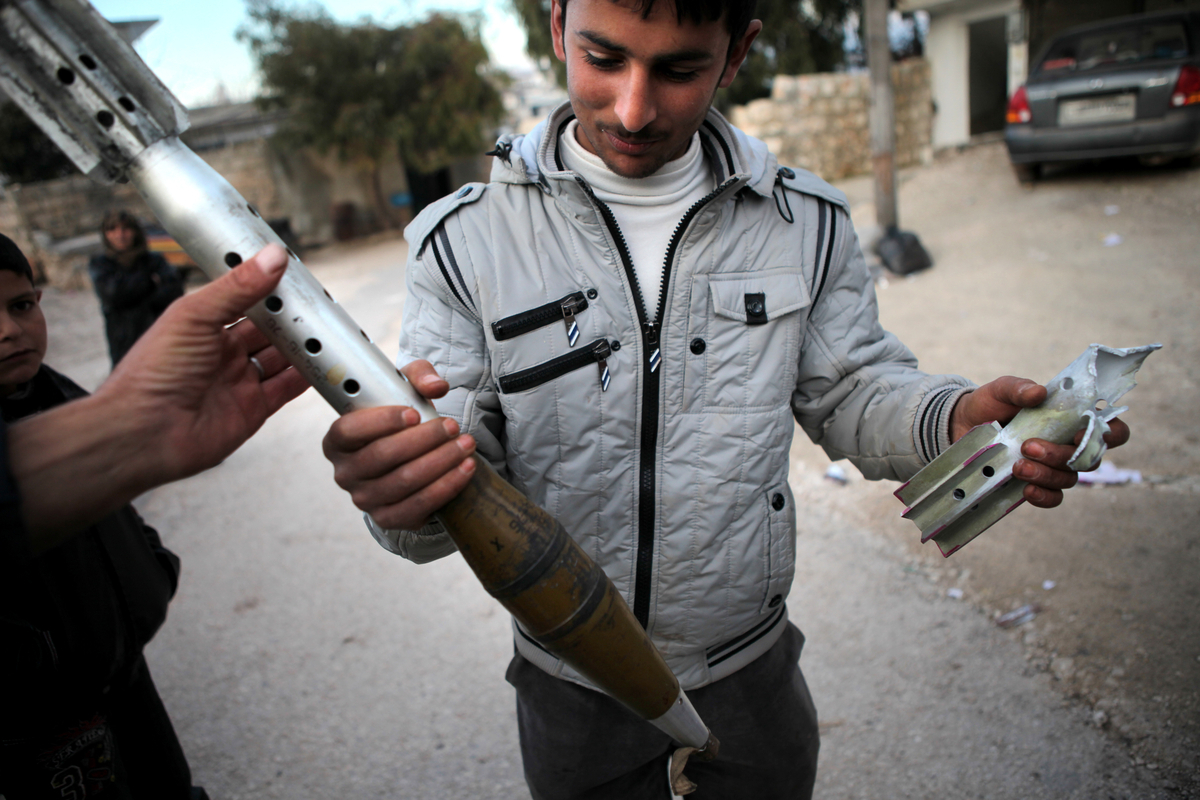
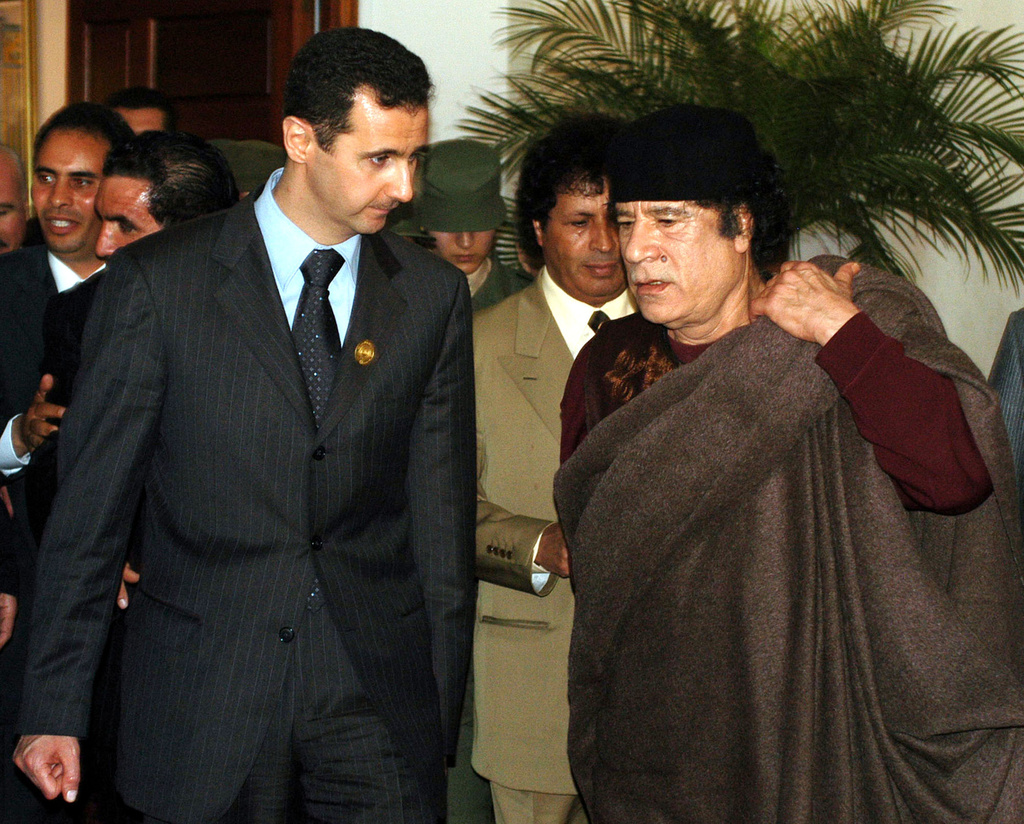
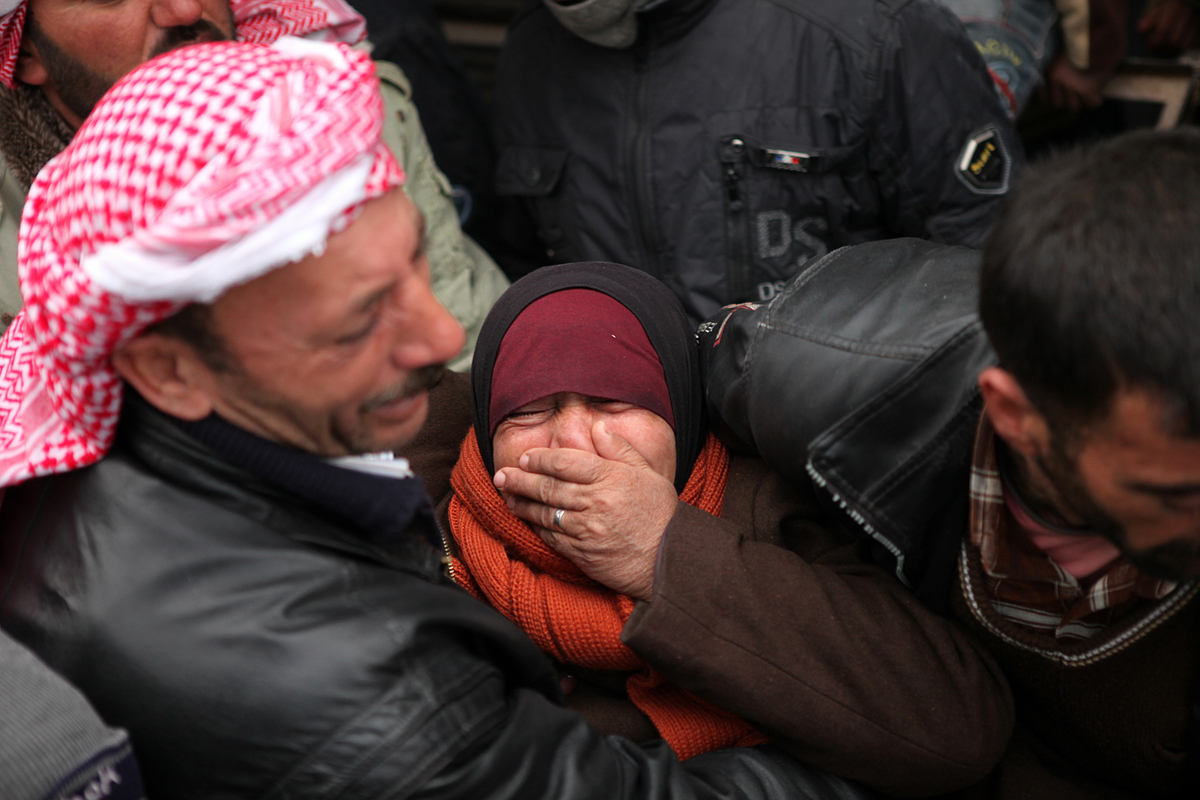
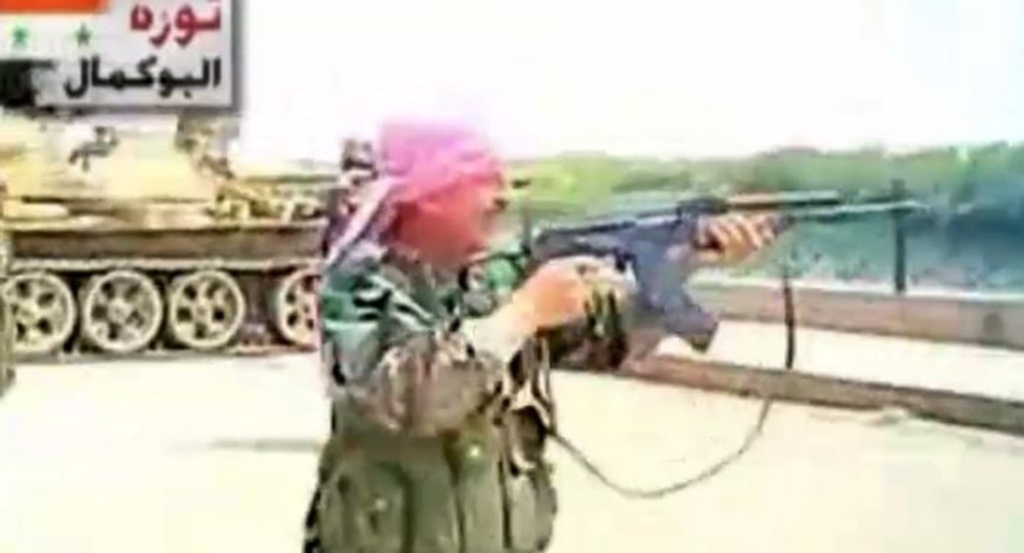
You can find an overview of ongoing debates with our journalists here. Please join us!
If you want to start a conversation about a topic raised in this article or want to report factual errors, email us at english@swissinfo.ch.